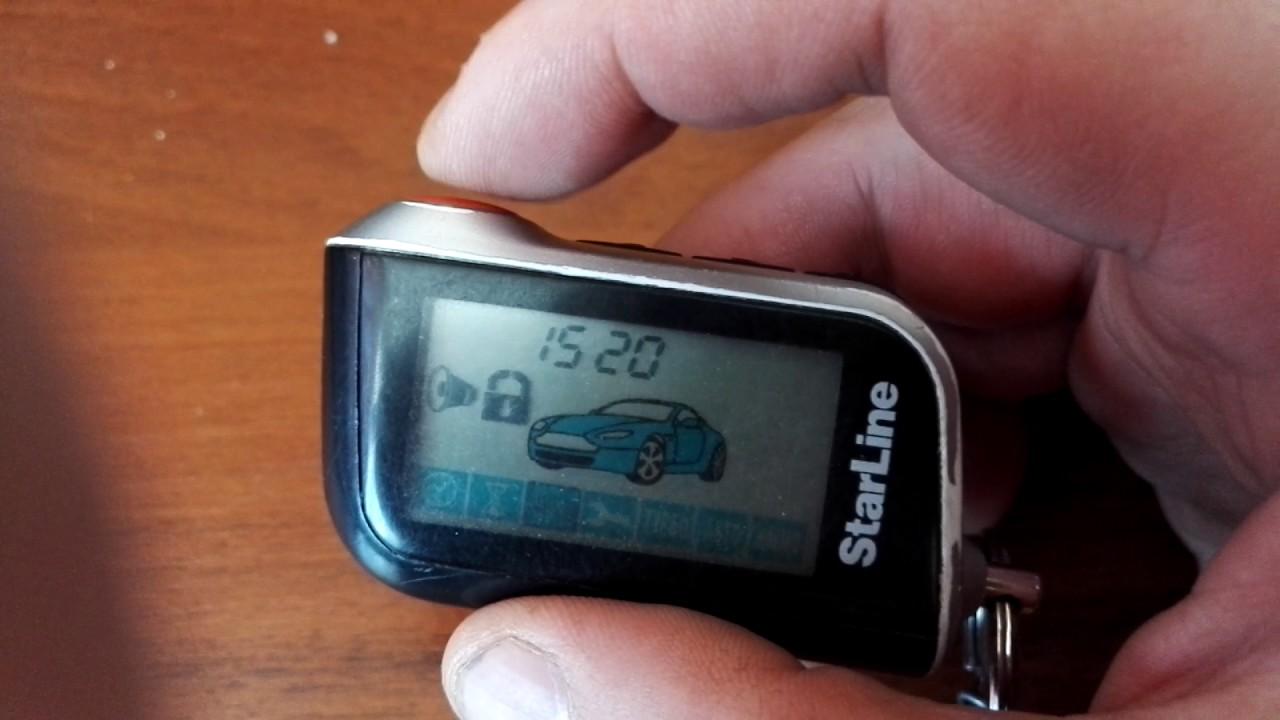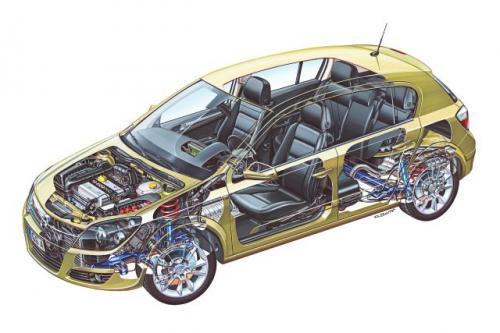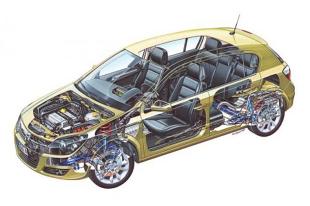
Mute car sound
 We are driving in our car, and from everywhere we hear squeaks, rumbles and various knocks. How to deal with it?
We are driving in our car, and from everywhere we hear squeaks, rumbles and various knocks. How to deal with it?
We are driving in our car, and from everywhere we hear squeaks, rumbles and various knocks. This is a common occurrence, especially on older vehicles. How to deal with it?
There are cars that make noise on their own. This is due to the rigidity of the body, especially the station wagon. There is little we can do with such a "melody". But most of the sound "crickets" can be dealt with. 
Why is he making noise
Noise in the car interior is caused by the vibration of plastic, metal, and glass parts. In winter, the noises are amplified, as low temperatures reduce the flexibility of rubber and plastic elements. In old cars in the summer, there is no trace of winter noise. Some sources of unpleasant sound lie in a faulty suspension or exhaust system. The rest are in the engine bay. After all, a car is 1001 trifles.
What makes noise
Many professional car audio workshops additionally soundproof the door. To do this, a special upholstery is put on, special damping mats are glued inside and a bituminous mass is applied. The cost of modifying one door is PLN 200-600. You can also soundproof the trunk, floor and partition.
With noises coming from the engine compartment, suspension or exhaust system, we drive to a mechanical workshop. Very often, removing a sound source is the installation or replacement of a small, cheap component. For example, loose muffler mounts or rusty radiator clamps.
What can you do yourself?
The first step is to clean the interior of the car. We often carry around a whole bunch of unnecessary knick-knacks that jump around and make noise. To muffle creaking seals, it is enough to use a special spray. Rattling doors can be caused by loosening, so it's a good idea to adjust the locks. You should also check if the hinges are damaged - if so, replace them. In the cabin, noisy metal mechanisms need lubrication. Between the rubbing plastic parts, you can insert pieces of felt or other amazing material.
Excessive airborne noise that increases with vehicle speed may be caused by non-original, non-aerodynamically tested, overlays and amateur spoilers.
However, the biggest challenge is finding the source of the annoying noises. Some components make noise only at certain vehicle speeds or within a narrow range of engine speeds. Their detection is the most difficult.
